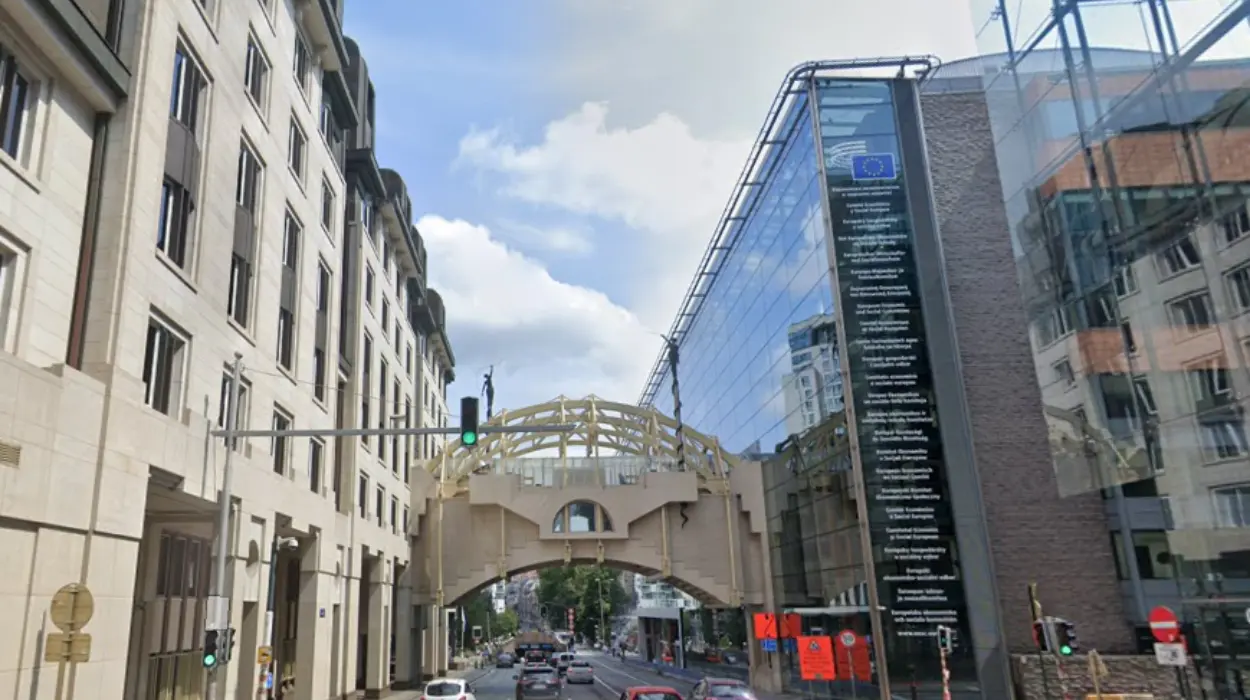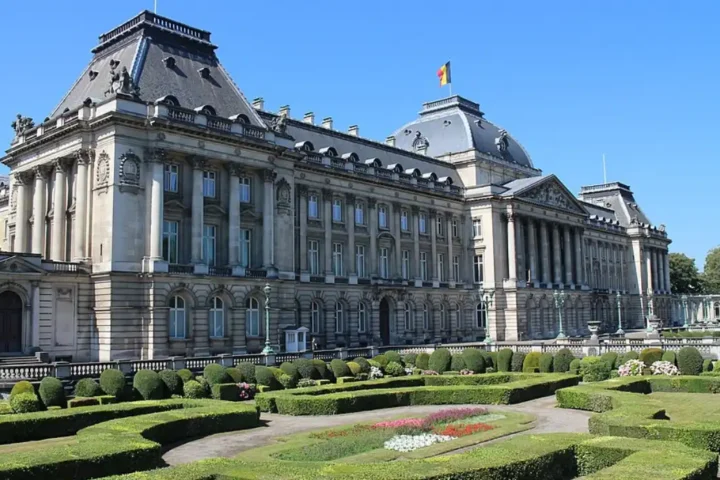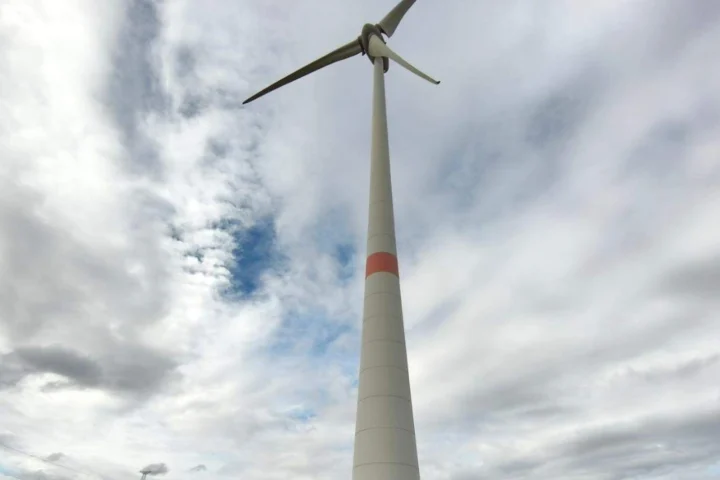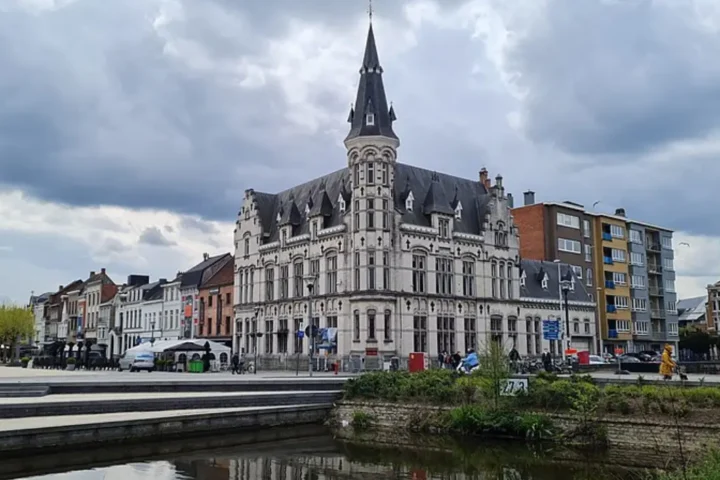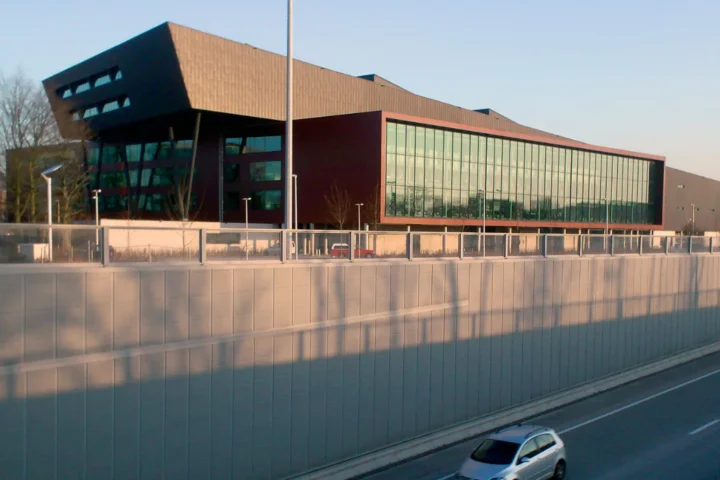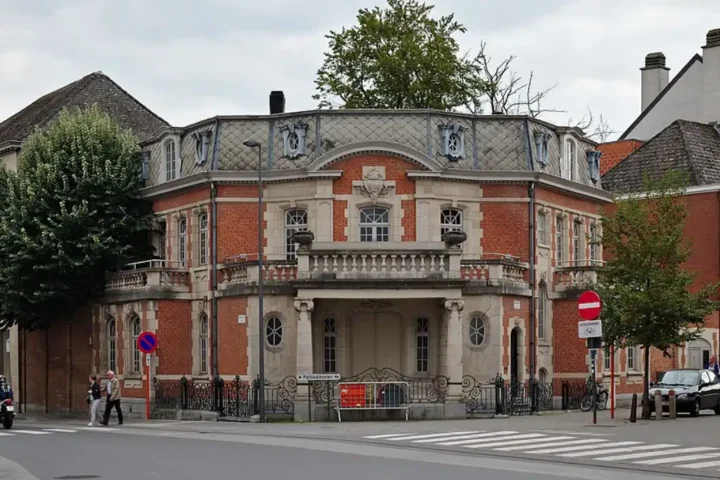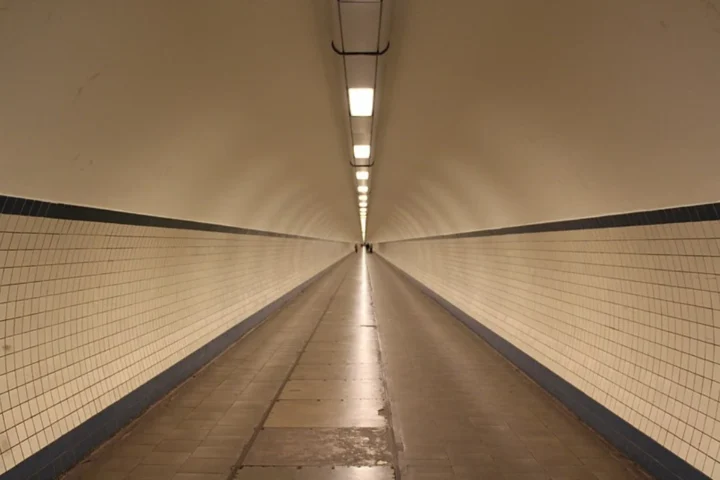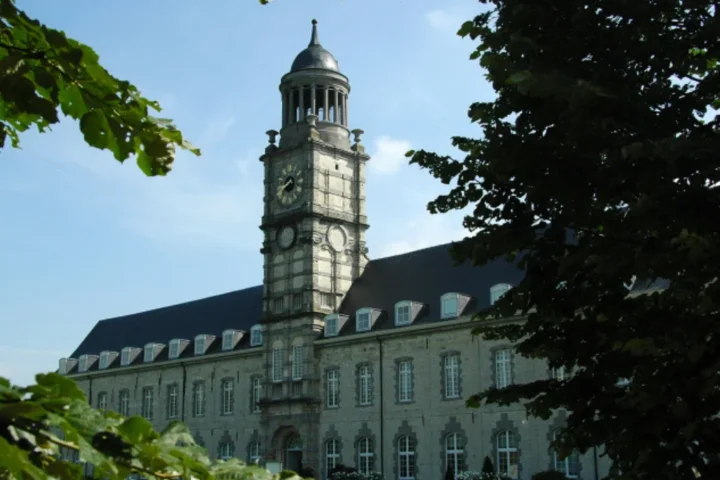Brussels launched a new real-time noise monitoring website to track noise levels in the city. Managed by Brussels Environment, the initiative incorporates 22 stations across 19 municipalities. Officials Alain Maron and Lynn Tobback emphasized the project’s importance for public health, transparency, and the development of stronger policies, reports 24brussels.
The new online platform, known as Noisemonitoring, was revealed as noise pollution remains a pressing concern among residents, tied to issues such as disturbed sleep, increased stress levels, and cardiovascular disease, according to VRT News. The authorities underscore the necessity of accurate measurements and ongoing monitoring before implementing solutions.
Designed to provide both the public and officials with direct access to reliable data, the platform represents an upgrade from the previous system, Webnoise. “The new website is a real upgrade compared to the previous one,” stated Lynn Tobback of Brussels Environment.
What does real-time noise monitoring in Brussels and Leuven with 22 stations mean for residents?
With the new system, residents are empowered to visualize their sound environment, enabling them to generate graphs and reports tailored to specific criteria, such as sound type, date, and station. This resource serves not only individual citizens but also local governments, associations, and community organizations.
The initiative incorporates 22 monitoring stations strategically placed in 19 municipalities, adhering to stringent criteria to ensure data accuracy. Despite the seemingly limited number of stations, each location is selected based on clear scientific standards. “Noise is not inevitable,” commented Alain Maron, outgoing Minister of Environment and Public Health.
“With noise monitoring, we allow every Brussels resident to view and understand their noise environment. It is also an indispensable tool for taking fair and effective action to protect everyone’s health and well-being,” he added.
Similar noise monitoring projects have emerged in other Belgian cities, such as Antwerp, which introduced live noise meters in 2019 to monitor traffic and construction noise during the Oosterweel works. Brussels has utilized fixed monitoring stations since 2016 to measure noise from vehicles and aircraft, offering partial results to the public. Furthermore, Leuven implemented a real-time noise monitoring system in 2024, expanding access to residents and local councils.
